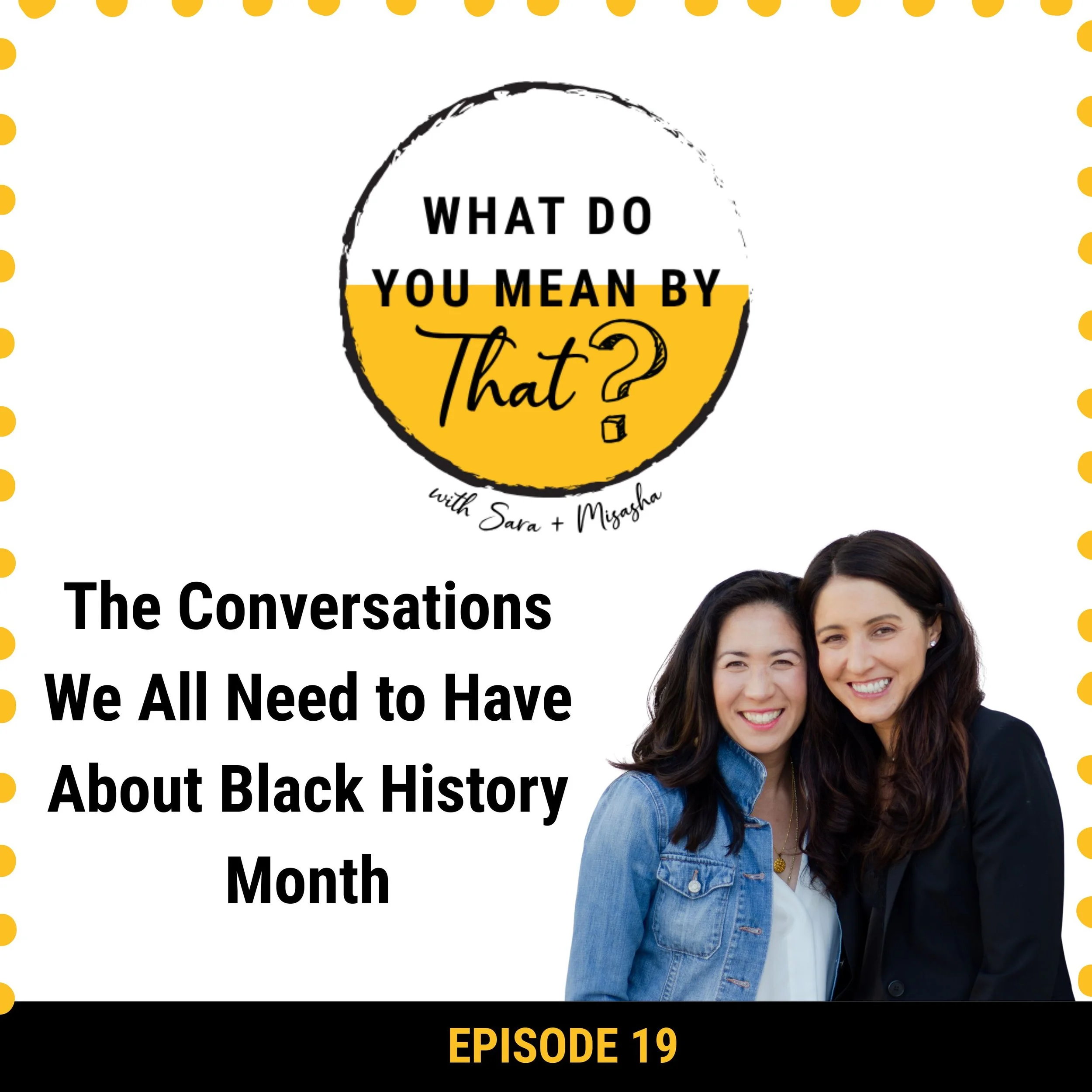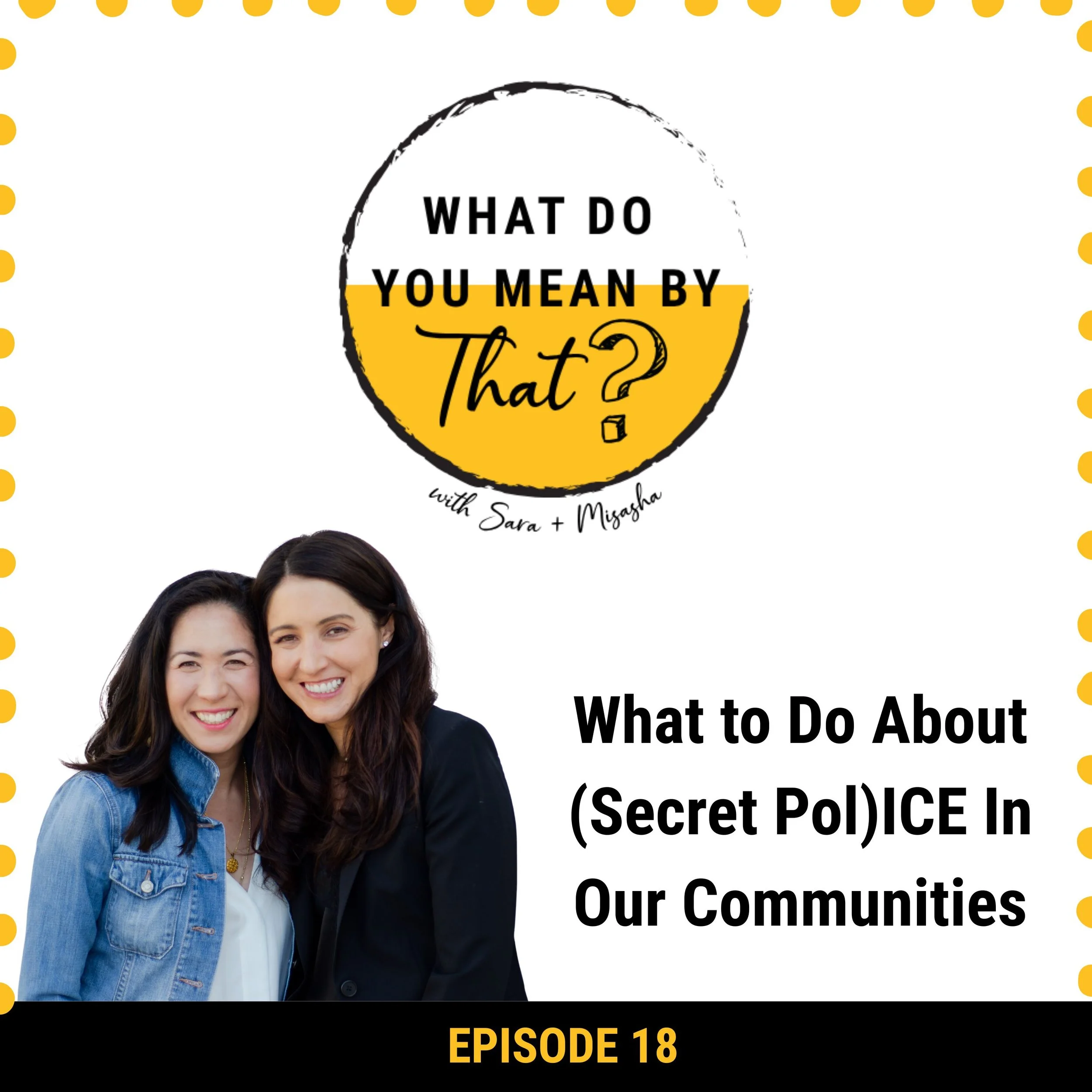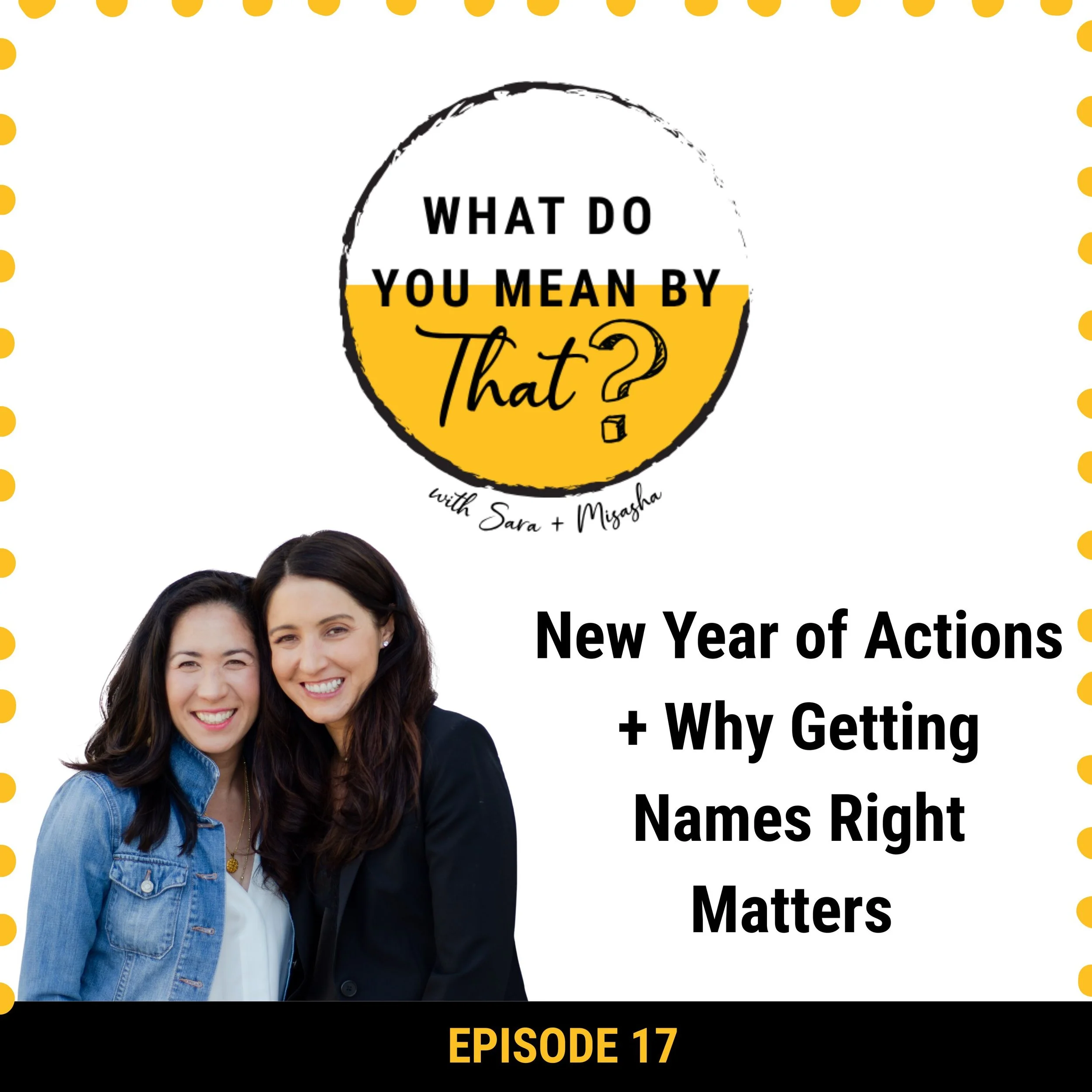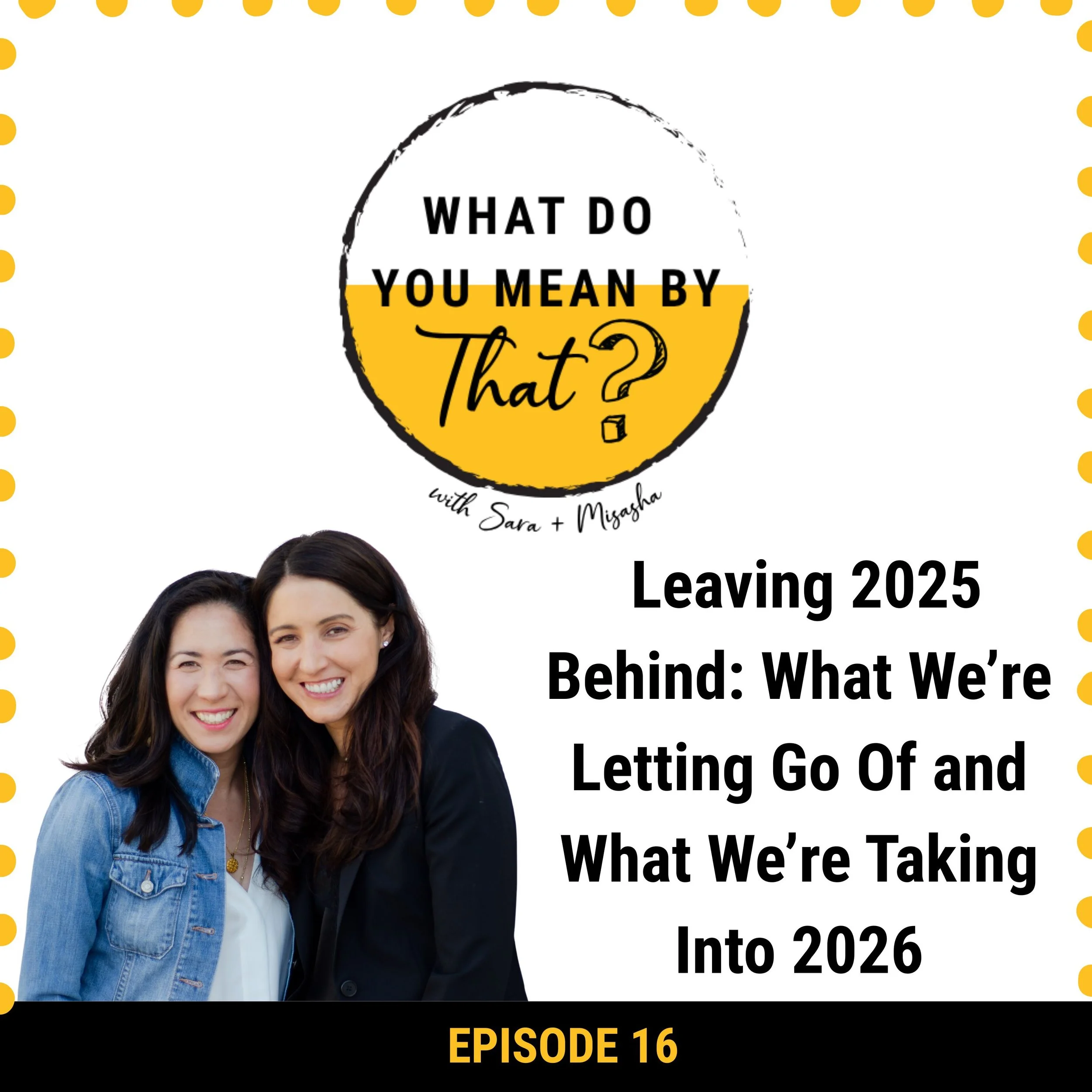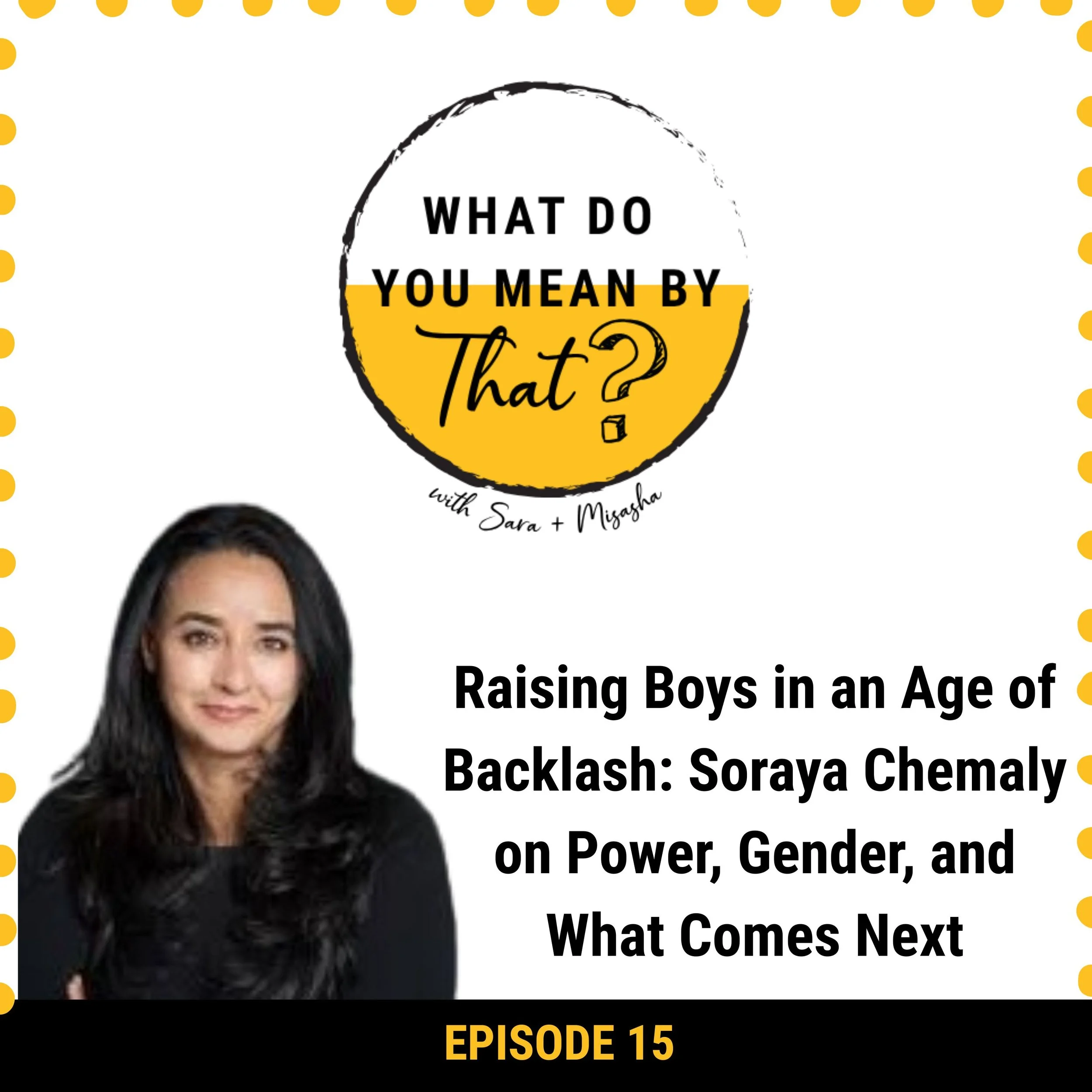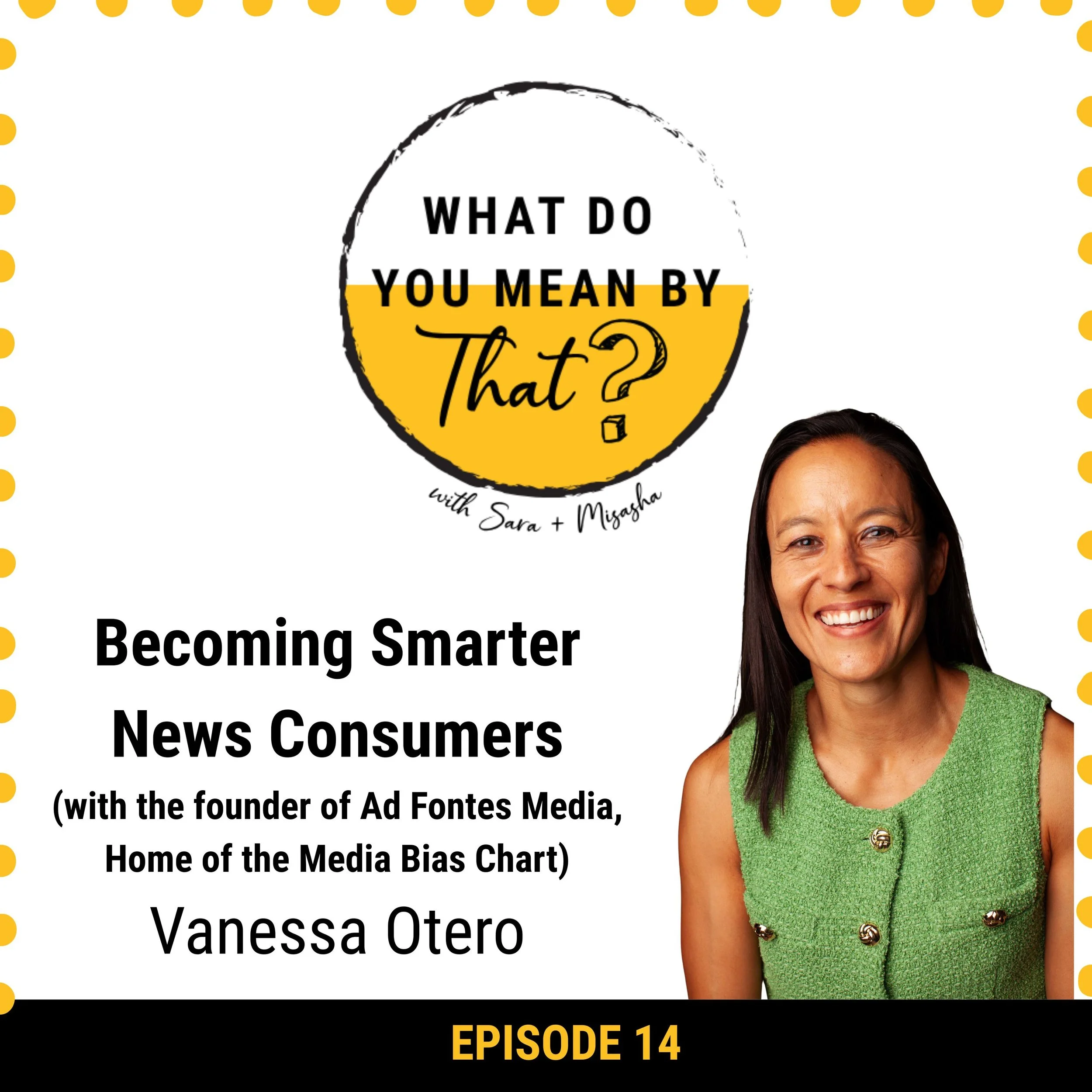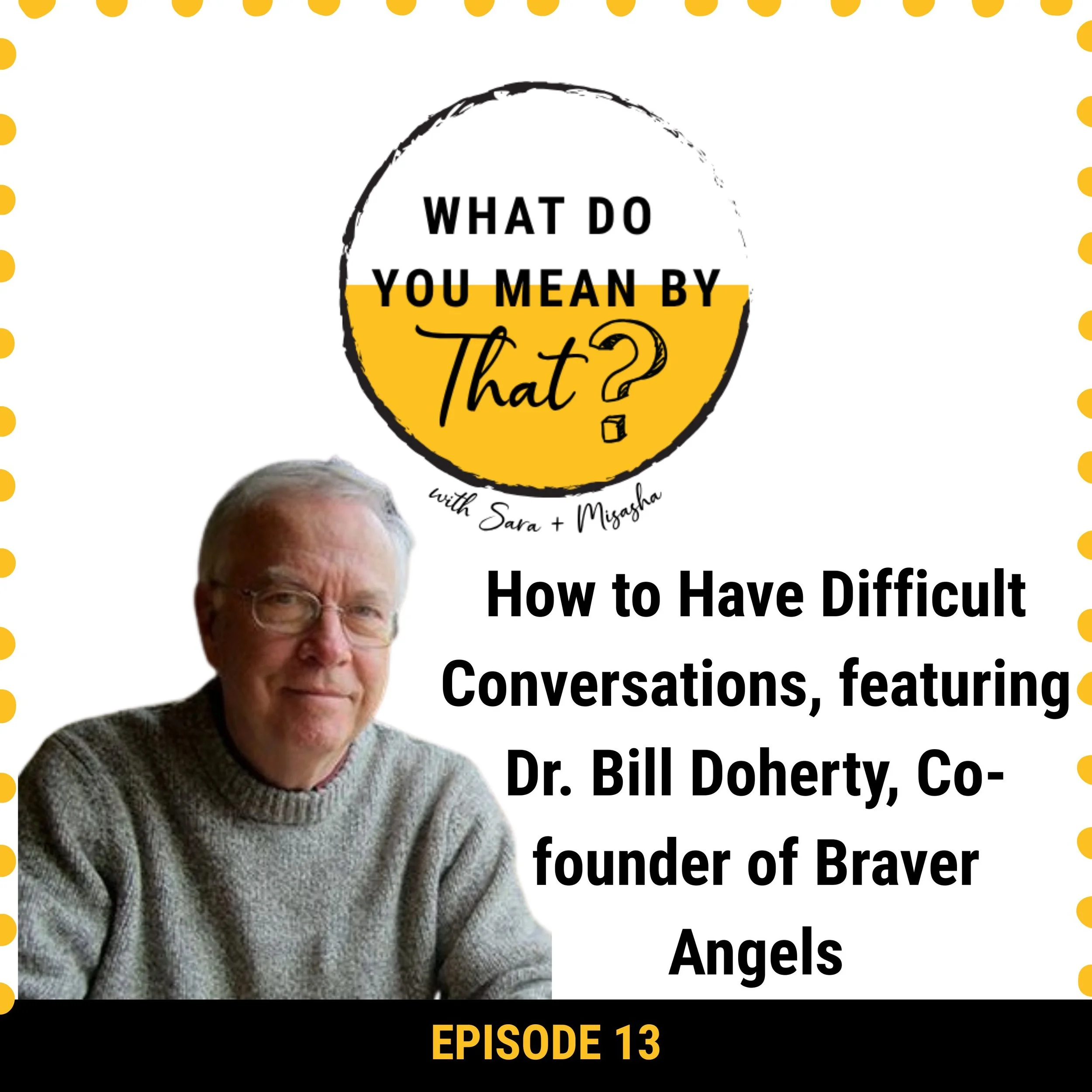Here we are, February, which is also Black History Month (and for the record: Black history is American history. We’ll say this all day, every day, until everyone gets on this train.). It’s not lost on us that this is the shortest month of the year. It’s also not lost on us that, currently, our administration is actively erasing or whitewashing our nation’s history in real time, including this month itself, and we are being gaslit in the process.
So, this Black History Month, we encourage everyone out there to take a moment to learn our real history, expand the narrative of Black excellence in our country, and actively question the racist tropes and more subtle - yet still overt and noticeable - rewriting of history that is taking place. Many things can be true at once, including fear and the need to not stay silent. Listen in to hear more about what we think about that and simple ways to get these conversations started.
Read More
